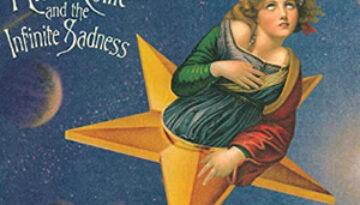Mellon Collie and the Infinite Sadness
by Smashing Pumpkins
Buy Mellon Collie and the Infinite Sadness Smashing Pumpkins went all in on their third release, the super-sized, 28-track Mellon Collie and the Infinite Sadness and remarkably this worked both critically and commercially. […]


